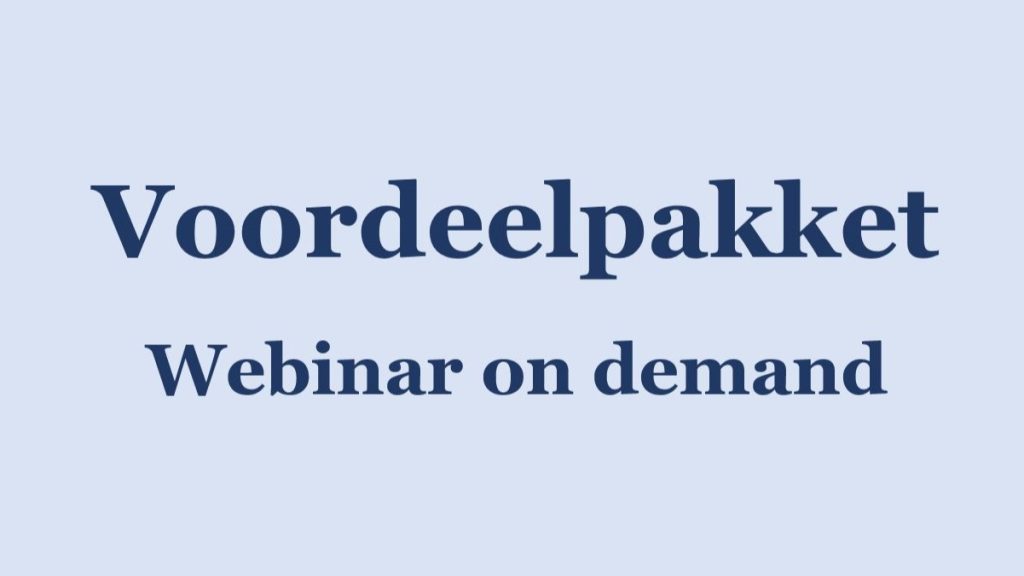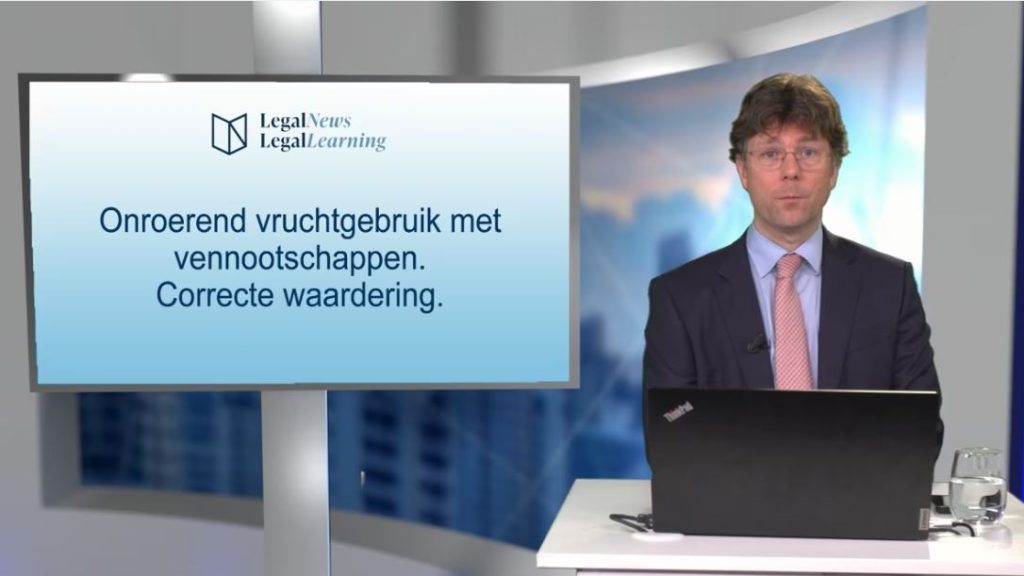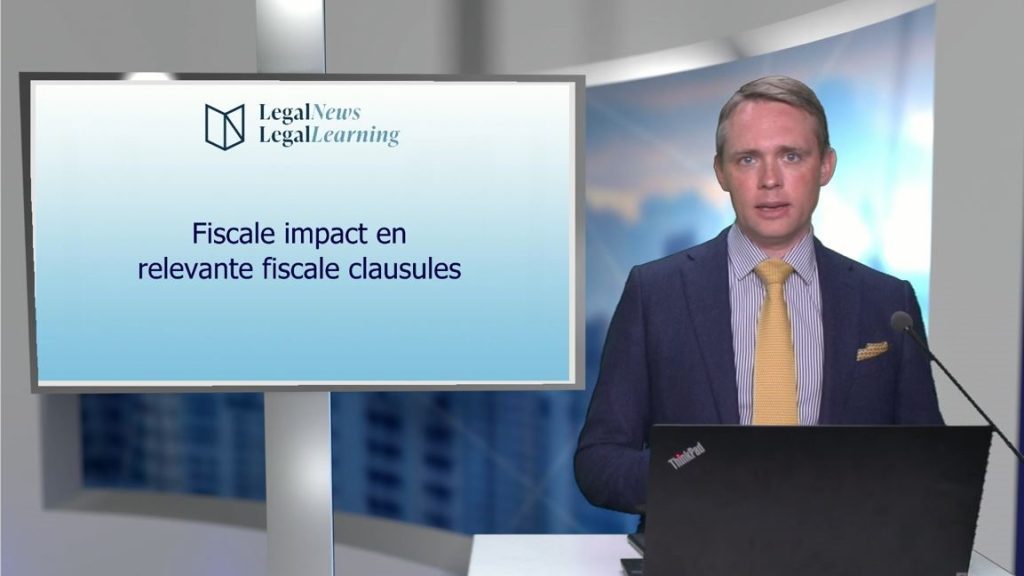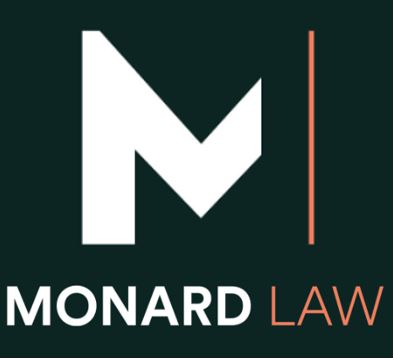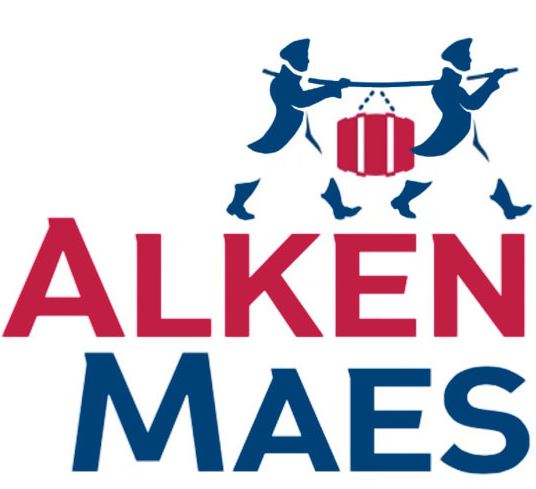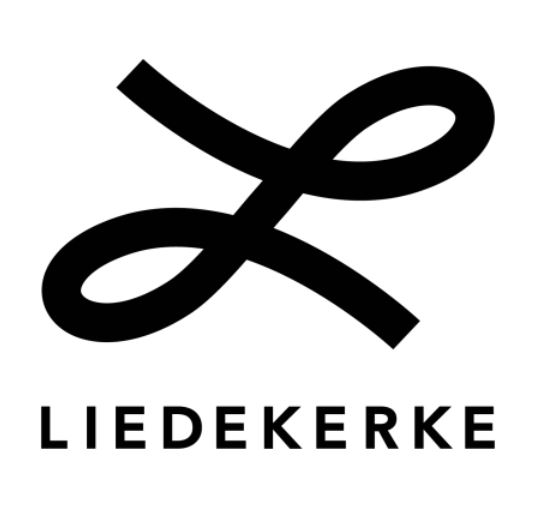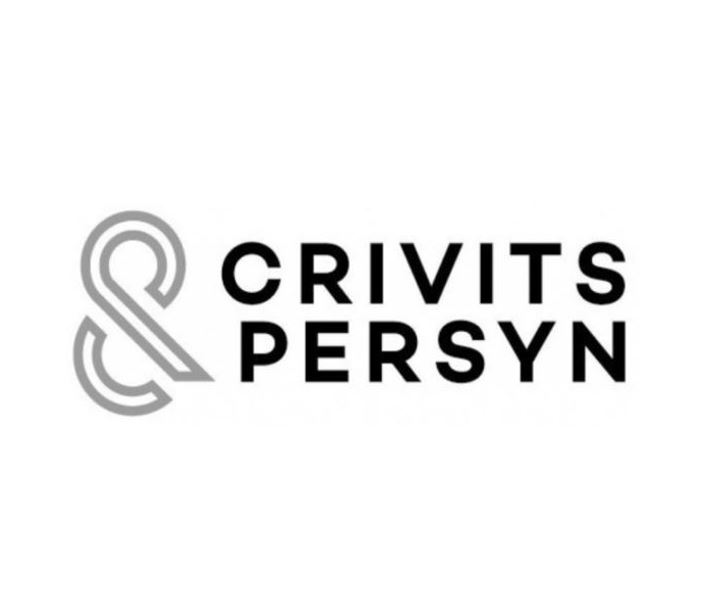Woninghuur in Vlaanderen en Brussel:
het antwoord op 25 praktijkvragen
Mr. Ulrike Beuselinck en mr. Koen De Puydt (Seeds of Law)
Webinar op dinsdag 27 augustus 2024
Consumentenbescherming bij de verwerving
van financiële diensten: de laatste ontwikkelingen (optioneel met handboek)
Prof. dr. Reinhard Steennot (UGent)
Webinar op donderdag 30 mei 2024
Vereffening-verdeling van nalatenschappen:
16 probleemstellingen
Mr. Nathalie Labeeuw (Cazimir)
Webinar op vrijdag 26 april 2024
Ten things to consider when you do a leveraged finance deal in Belgium (White & Case)
Authors: Hadrien Servais, Willem Van de Wiele and Aurélie Terlinden (White & Case)
Publication date: 27/07/2017
With the leveraged finance market staying hot, an increasing number of international sponsors are making acquisitions in Belgium, and upcoming changes in the law will make taking security over Belgian assets even easier. Here are ten things to consider when doing a leveraged finance deal in Belgium.
1. Regulatory framework
The requirement to obtain a banking license is only triggered by a combination of lending and deposit-taking activities. Therefore, no banking license is required to make loans to commercial entities in Belgium as long as the lender does not also carry out deposit-taking activities in Belgium.
Lending to small and medium-sized enterprises (SMEs) is subject to specific, more stringent rules. SMEs are companies which do not meet at least two of the following thresholds:
a) more than 50 employees on an average annual basis;
b) annual turnover exceeding €9,000,000; and
c) a balance sheet total exceeding €4,500,000.
The application of the law on SME financing entails a number of consequences, including a heightened duty of information for the lender, the requirement for the lender to act in good faith and in a fair and equitable manner, restrictions on a number of contractual terms (including prepayment provisions), and a straight prohibition of certain terms. This is a point of attention for smaller borrowers within a larger group.
2. Financial assistance
Financial assistance (the granting of loans or security by a company with a view to the acquisition of its own shares by a third party) is prohibited unless a whitewash procedure is complied with, but this procedure is cumbersome and rarely used. Although there is no conclusive case law on the issue, the prohibition on financial assistance is generally considered not to apply to the acquisition of shares in a parent company unless fraudulent intent can be shown.
3. Corporate benefit
A Belgian company must derive real benefit from the transactions it enters into. It is up to the board of directors to assess whether material transactions (such as entering into a facilities agreement, and granting a guarantee and security interests) are in the interest of the company. The corporate benefit test is a purely factual one. The three following criteria are especially relevant when assessing whether the granting of a guarantee is in the interest of a company:
- the Belgian guarantor itself must derive a benefit from the granting of the guarantee (an overall benefit to its group is, as such, not sufficient);
- the guaranteed amount must not be disproportionate to (x) the benefit derived by the Belgian guarantor from the transaction and (y) the financial capabilities of such guarantor; and
- as a subsidiary matter, consideration may be given to whether the Belgian guarantor is part of a structured corporate group with a common economic interest.
Usually, corporate interest will be fairly easy to show in the case of downstream guarantees, whereas a more thorough justification will be needed for upstream and cross-stream guarantees.
Directors’ liability may be triggered if a company enters into a transaction despite there being no corporate interest. In addition, the transaction may be deemed unenforceable.
4. Granting security in Belgium
Most types of assets can serve as collateral. The nature of the collateral will determine the type of security interest that may be granted. Belgian law has four main types of security interests that are relevant for leveraged transactions:
(a) Share pledges: pledges over shares held in a Belgian company are perfected by recording the pledge in the shareholders’ register of the company whose shares are being pledged. No notarization is needed.
(b) Pledges over bank accounts and receivables: bank accounts and receivables pledges are created and perfected against all third parties other than the underlying debtors (the bank, in the case of a bank accounts pledge) upon entry into the pledge agreement. Perfecting against underlying debtors requires these debtors to be notified of the pledge. No notarization is needed.
(c) Pledges over business (or floating charges): this is the closest Belgian law equivalent to a blanket lien. A business is the combination of tangible and intangible assets brought together by a commercial entity in order to attract and retain customers, such as trade names, trademarks, customer base, business fixtures, lease rights, equipment, etc. Up to 50% of the inventory may be included if explicitly referred to in the business pledge agreement. Business pledges are granted for a pre-agreed secured amount, up to which amount such security interest can be enforced provided that it has been recorded with the mortgage registry of each judicial district in which the pledgor has a place of business. They can be enacted in a private deed or in a notarial deed and trigger registration duties in the amount of approximately 1.5% of the secured amount.
In order to reduce these duties, the market practice is to enter into a business mandate, in which the pledgor grants a power of attorney to a third party to create a pledge on the business for part of the amount to be secured. Registration fees will not be incurred until the power of attorney is exercised and a business pledge is created. It is important to note, however, that a business pledge created following the exercise of a mandate will rank behind any previously-registered pledges, and could be invalidated as new security for pre-existing debt if its registration is made during the suspect period preceding bankruptcy.
(d) Mortgages: like floating charges, mortgages are granted for a pre-agreed secured amount. Mortgages can only be validly created pursuant to a notarial deed, and registration duties of approximately 1.5% of the secured amount must be paid. In order to limit registration duties, a mandate to create a mortgage is often used in conjunction with a fully-fledged mortgage (with the same advantages and drawbacks as business pledge mandates – see above).
5. New legislative framework
Notably, a new legislative framework for security over movable assets is expected to enter into force in January 2018. Although not as all-encompassing as the US blanket lien or the English floating charge, the new regime will provide an efficient means to take security on most of the assets of a collateral provider. Some key features of the new regime are:
(e) Perfection through dispossession or registering: under the current legal regime applicable to pledges on movable assets, the collateral provider is usually required to be dispossessed of the collateral, a sometimes cumbersome and impractical requirement to satisfy. The new regime will add a new method of perfection: perfection by way of recording in a national central register in which pledgees will be able to record their security interest.
(f) Simplified enforcement procedures: enforcing a pledge will no longer require the intervention of a judge. The pledgee will be allowed to sell, lease or appropriate the pledged assets upon 10 days’ prior notice (for appropriations, the pledge agreement must have a valuation mechanism).
(g) Ability to create a pledge in favor of a security trustee: the new regime will make it possible to grant security to a “security agent” that is holding security interests in its own name, but for the benefit of a pool of secured creditors.
Note that the new regime will not apply to, among other things, (i) security over financial collateral, which will continue to be governed by the law transposing the directive on financial collateral arrangements 2002/47/EC; and (ii) pledges over receivables, which are already covered by a modern and effective legal framework.
6. Change of control clauses
With respect to certain types of limited liability companies (sociétés anonymes/naamloze vennootschappen and sociétés en commandite par actions/commanditaire vennootschappen op aandelen), the Belgian Companies Code requires all change of control provisions to be approved by the general meeting of shareholders, and that such approval be filed with the clerk’s office of the commercial court. This requirement applies to change of control provisions in loan agreements and in terms and conditions of bonds issued or guaranteed by a Belgian company.
7. Bankruptcy claw-back
Under Belgian bankruptcy law, security granted during the so-called “suspect period” is subject to being voided by court order if such security was granted (i) in order to secure a previously-incurred debt, or (ii) while the secured party was aware of the debtor’s insolvency. The suspect period starts when the debtor is in a state of cessation of payments, as determined by the court (except in cases of fraud, this is not more than six months prior to the bankruptcy order).
8. Compounding of interest
Belgian law only allows interest to accrue on overdue interest when the overdue interest has been due for at least a year, and if either the debtor has been summoned to pay or the debtor expressly consents to the capitalization of interest (this consent may not be granted beforehand). The rules on compounding of interest are mandatory and can therefore not be derogated from. This is of particular relevance to mezzanine and unitranche financings with a PIK feature.
9. Withholding tax
As a general rule, interest payments made by a Belgian company are subject to a withholding tax of 30%.
However, there are many exemptions to this rule:
- if the lender is a Belgian company and the loan is not embodied in an instrument (because that interest is already subject to the corporate income tax);
- if the lender and the borrower are companies linked through a shareholding of at least 25% for at least one year;
- if the lender is a Belgian financial institution and the loan is embodied in a debt instrument (bonds for example);
- if a Belgian company pays interest to a foreign financial institution and the loan is not embodied in an instrument;
- if a Belgian company pays interest to a non-resident and the loan is in the form of registered bonds;
- or if the borrower is a Belgian financial institution paying interest to a non-resident and the loan is not embodied in an instrument (unless embodied in registered instruments).
The application of some of these exemptions and reductions is subject to formal conditions.
For cross-border loans, the WHT rate can usually be reduced if the lender resides in a country that has entered into a tax treaty with Belgium.
10. Bonds in Belgium
Bonds (whether in the form of retail or institutional bonds or high yield issuances) are an important form of financing for Belgian companies.
Bonds issued by Belgian issuers are typically issued via, and settled through, the X/N securities settlement system operated by the National Bank of Belgium (the NBB System). The NBB system allows non-resident and corporate investors to trade Belgian debt securities on a tax-free basis. Non-resident investors, companies subject to Belgian corporate income tax, and certain other qualifying investors hold X-accounts and are exempt from withholding tax on all interest received on the debt securities held through the NBB System. Interest paid to Belgian private investors, as well as certain other investors, as holders of an N-Account, is subject to withholding tax. The NBB system is only accessible through its participants (which include most Belgian banks, a number of non-Belgian banks, Euroclear, and Clearstream in Luxembourg). In many cases, institutional investors will hold their securities indirectly through Euroclear or Clearstream.
» Bekijk alle artikels: Successie & Vermogen





